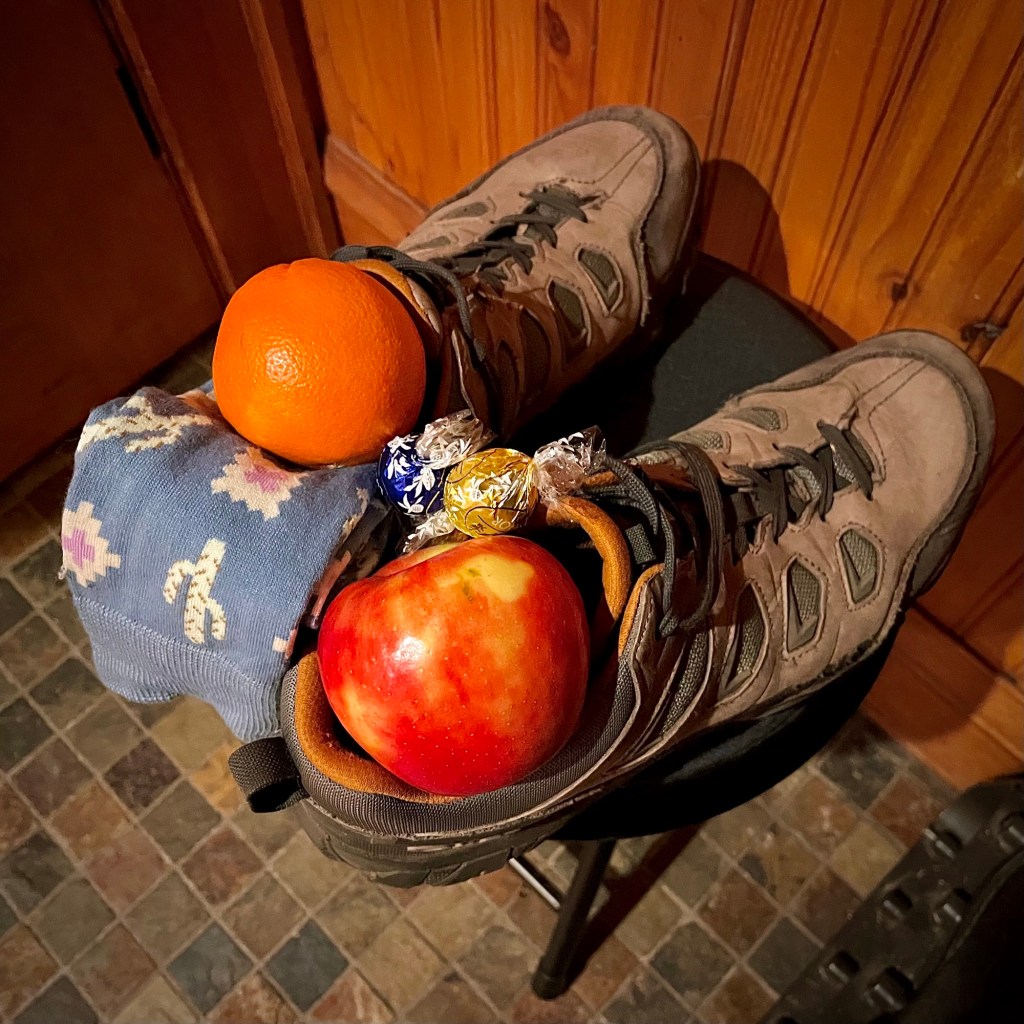While brushing my teeth I often ruminate on whatever is upper most in my curiosity at that particular moment. This morning it was about the contention that America is a Christian nation. What even does that mean? What ever does this imply for for Jewish, Muslim, Hindu Americans?
About the time I was warily navigating around a recent root canal, the Lord’s Prayer came to mind. God, how many times in my 74 years have I rattled off those words? “…Thy kingdom come, Thy will be done” grabbed my attention. What might this even mean if we actually were a contemporary Christian America? You know, that “…on earth as it is in heaven” part!
Some ask, “Have you accepted Jesus as your personal Lord and Savior?” Isn’t it at least consistent, if not required, that we ask whether Jesus is accepted as our national Lord and Savior?
Here’s the rub… do we go deep enough with these questions? Are Jesus’ concerns and associations our concerns and associations? His mission, His values; our mission and our values? Quoting the prophet Isaiah, He clearly told us what he’s about…
“The Spirit of the Lord is on me,
because he has anointed me
to proclaim good news to the poor.
He has sent me to proclaim freedom for the prisoners
and recovery of sight for the blind,
to set the oppressed free,
to proclaim the year of the Lord’s favor.” (Luke 4)
Are we on board? Or, does the acceptance of Jesus in our lives function as a “salvation insurance policy” collectible after we’re dead? Perhaps a Baptist preacher said it best, “Sometimes our faith can be so heavenly minded it’s no earthly good!” Clearly, the pastor wasn’t preaching Joel Orsteen’s “prosperity Gospel” primarily used to rationalize obtuse wealth and a self-serving contortion of divine favor!
Here’s my honest observation… “Christian” too often appears as an adjective we tag onto whatever we want to justify or to “baptize” what we want to believe. If this is not so, we who would profess Jesus as our Way, Truth and Life must subject ourselves to honest self scrutiny to legitimate our claim. This isn’t Liberal or Conservative, Left or Right, Democrat or Republican! It’s simply Christian!
We must critically judge whether we can muster sufficient evidence to validate that we as individuals, families, congregations — as a nation — merit the name Christian.
Here’s this 74 year old’s reluctant assessment… Capitalism is actually our religion, consumerism our currency of grace, materialism our standard of virtue and money our God! Are we willing to consider whether our prayer is more accurately, “My kingdom come, my will be done on earth and in heaven.”?
Jesus sets a truly high bar for any claiming the appellation “Christian”. He explicitly gives us the ultimate criteria in what is our “Final Judgment”…
Then the righteous will answer him, ‘Lord, when did we see you hungry and feed you, or thirsty and give you something to drink? When did we see you a stranger and invite you in, or needing clothes and clothe you? When did we see you sick or in prison and go to visit you?’ “The King will reply, ‘Truly I tell you, whatever you did for one of the least of these brothers and sisters of mine, you did for me.’ (Matthew 25)
Again, this is not Liberal or Conservative, Democrat or Republican! It is the Scriptural litmus test for whether we and this nation are, in fact, Christian.
Rinsing toothpaste from my mouth, my eyes fixed on the mirror. A pang of discomfort and soul searching found apt release in my spitting into the sink. Again, staring at myself in the mirror, I commiserated with those folks who start leaving Jesus because His is a “hard teaching’” (John 6). My reflection transported me to Caesarea Philippi, “Who do you say that I am?”(Luke 9).
Jesus begs a response profoundly more momentous than most of us are willing to fathom!


